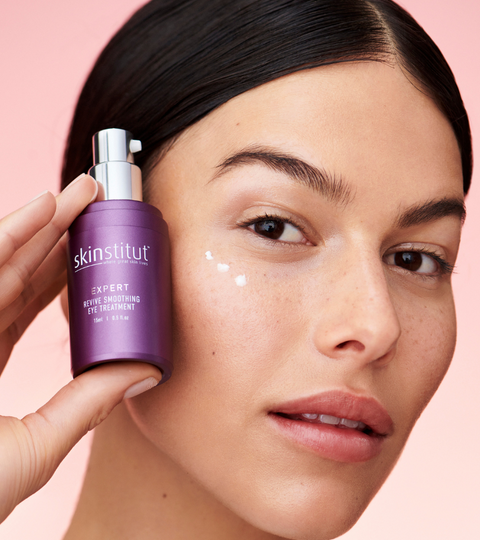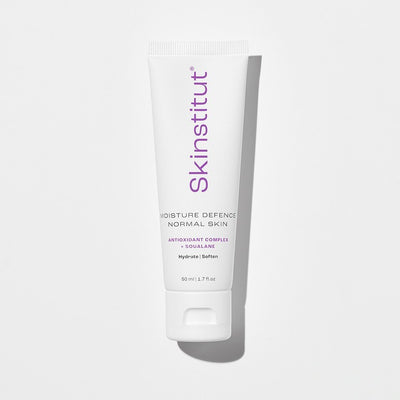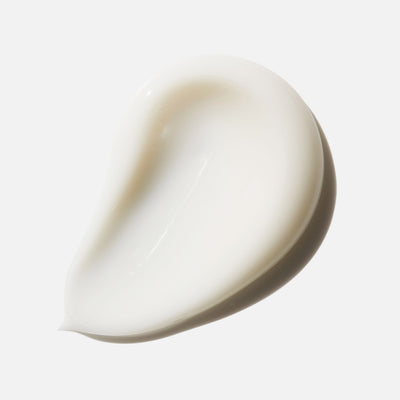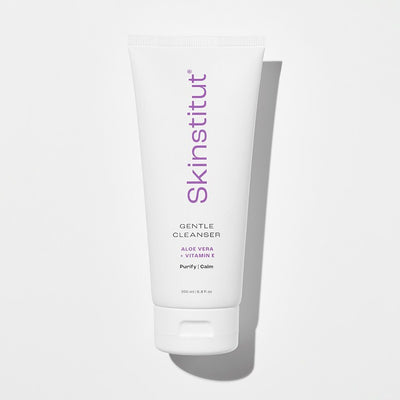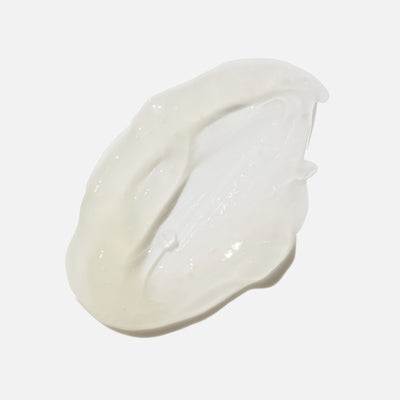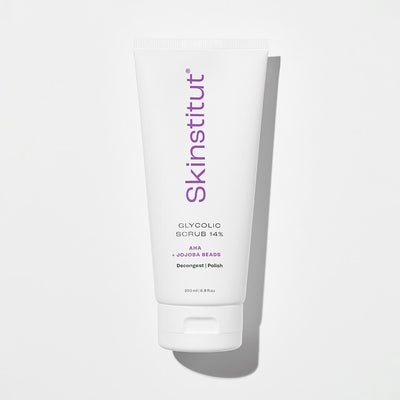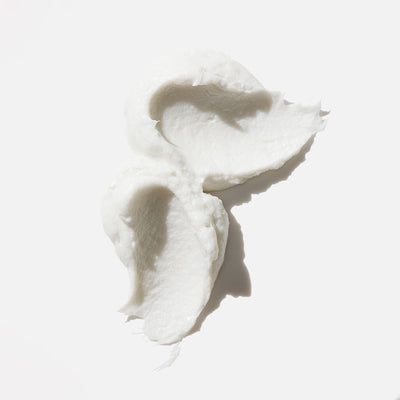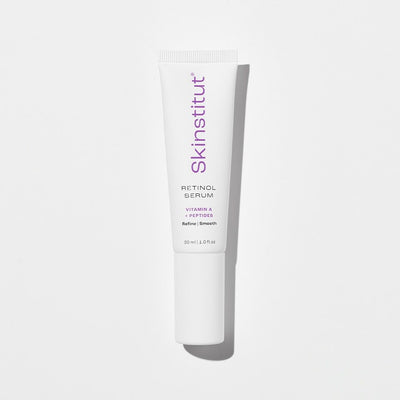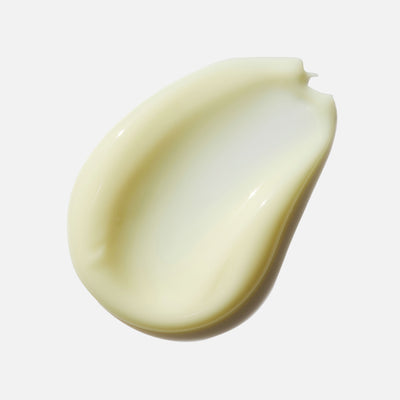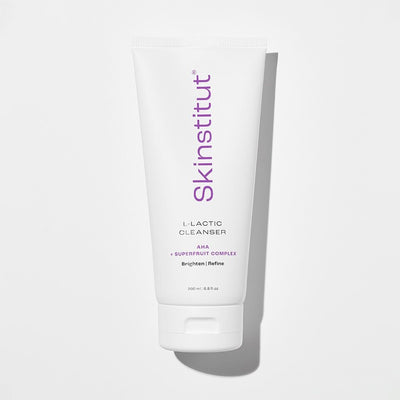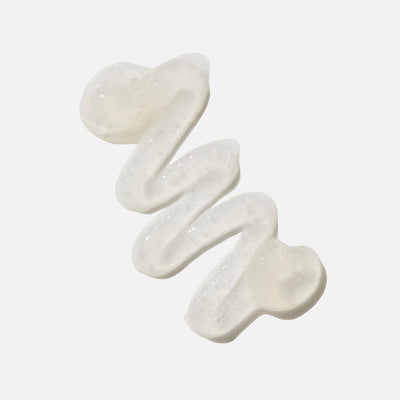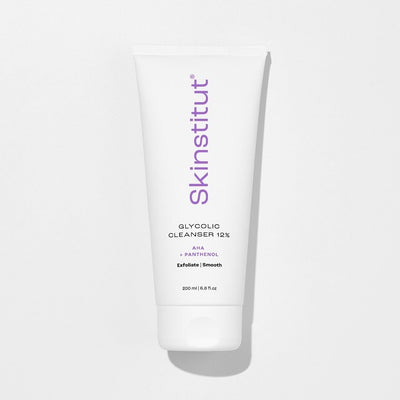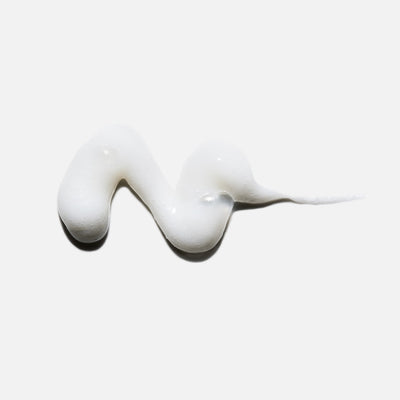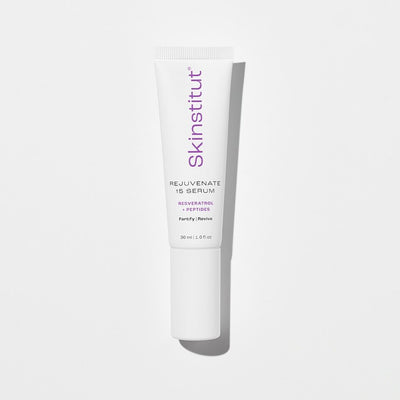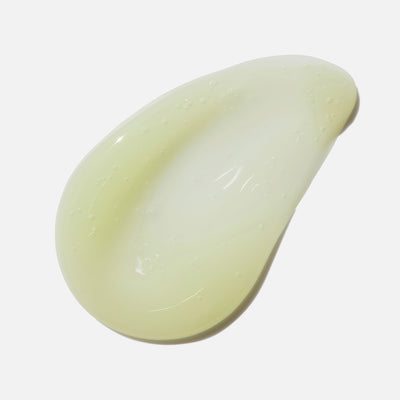Ageing is a normal part of life, albeit a testing one. That doesn’t mean we shouldn’t do our best to ensure we’re taking care of ourselves during this process though, especially when it comes to skin health.
Modern ways of living (hello, screen time), plus environmental factors like pollution and UV exposure, contribute to premature ageing, which results in skin damage. This is where topical ingredients, in-clinic treatments and lifestyle habits come in, because, with the right care, we can ensure our skin looks and feels its best at every age while preventing unnecessary damage along the way.
Keep reading for five common anti-ageing questions, and our expert-approved answers.
Why Does The Skin Age?
Ageing is a normal biological process that affects the entire body including the skin – it is our largest organ after all. As we move through life, the production of collagen and elastin declines and cellular turnover slows down. Factor in sun damage and other wear and tear, and you could be looking at skin that’s creased, sagging and discoloured.
How Can I Prevent Skin Ageing?
While you can’t prevent it (nor should you want to), you can slow down the ageing process. Showing your skin regular TLC will ensure it’s nourished and healthy at every life stage.
Adequate sleep, plenty of water and a healthy diet are all essential – as is sunscreen! Wearing a broad-spectrum SPF formula every day is the single most important thing you can do, not only to prevent sun-related cancer, but to prevent UV-induced ageing.
Once you’ve nailed these basics, you can start incorporating other proven anti-ageing topical ingredients into the mix.
What Topical Ingredients Actually Work?
There’s no shortage of buzzy ingredients out there, but only a few are actually proven to benefit skin health in the long term.
These are our top picks:
Alpha Hydroxy Acids
Alpha Hydroxy Acids work by dissolving the glue that holds surface cells together, exfoliating them from the skin to reveal younger, healthier cells. With regular use, Alpha Hydroxy Acids improve the appearance of fine lines and discolouration and can add glow.
Try: Expert Refine AHA Glycolic Toner
Retinol
The gold standard in anti-ageing, Retinol is a derivative of Vitamin A that speeds up cellular turnover. In doing this, it reduces lines and wrinkles while simultaneously improving skin tone.
Try: Expert Reveal Retinol Face Oil
Vitamin C
A hero antioxidant, Vitamin C both protects the skin from environmental damage and improves collagen production. With ongoing use, expect skin that’s plump, youthful and luminous.
Try: Vitamin C 100%
Niacinamide
Niacinamide is great for all skin types, but we love it as an anti-ageing formulation because it strengthens the skin barrier, preventing redness and water loss. It’s also effective when it comes to repairing damaged skin, so it can be used to treat dark spots and scarring left behind after breakouts.
Try: Expert Restore Niacinamide Replenishing Cream
Any In-clinic Treatment Options?
If you want to take your results a step further, there’s lots of in-clinic treatment options that guarantee amazing results, both in the correction and the prevention of skin ageing.
Here are three of our favourites::
Needling
Needling creates tiny micro-injuries, causing the skin to go into repair mode. This wound-healing response stimulates new collagen formation, meaning diminished lines and reduced scarring.
Peels
A cosmetic grade peel is an excellent way to rejuvenate dull, uneven skin. Generally, a chemical solution is applied to penetrate into the deeper layers of the skin, targeting cells that are damaged and discoloured. Within days, you’ll look fresher, firmer and well rested.
LED Light Therapy
LED light therapy triggers a healing response in the skin, reducing signs of damage and promoting a youthful glow. It’s available as an add-on booster at most clinics, and it’s perfect before an event.
Ageing is a normal part of life, albeit a testing one. That doesn’t mean we shouldn’t do our best to ensure we’re taking care of ourselves during this process though, especially when it comes to skin health.
Modern ways of living (hello, screen time), plus environmental factors like pollution and UV exposure, contribute to premature ageing, which results in skin damage. This is where topical ingredients, in-clinic treatments and lifestyle habits come in, because, with the right care, we can ensure our skin looks and feels its best at every age while preventing unnecessary damage along the way.
Keep reading for five common anti-ageing questions, and our expert-approved answers.
Why Does The Skin Age?
Ageing is a normal biological process that affects the entire body including the skin – it is our largest organ after all. As we move through life, the production of collagen and elastin declines and cellular turnover slows down. Factor in sun damage and other wear and tear, and you could be looking at skin that’s creased, sagging and discoloured.
How Can I Prevent Skin Ageing?
While you can’t prevent it (nor should you want to), you can slow down the ageing process. Showing your skin regular TLC will ensure it’s nourished and healthy at every life stage.
Adequate sleep, plenty of water and a healthy diet are all essential – as is sunscreen! Wearing a broad-spectrum SPF formula every day is the single most important thing you can do, not only to prevent sun-related cancer, but to prevent UV-induced ageing.
Try: Age Defence SPF 50+
Once you’ve nailed these basics, you can start incorporating other proven anti-ageing topical ingredients into the mix.
What Topical Ingredients Actually Work?
There’s no shortage of buzzy ingredients out there, but only a few are actually proven to benefit skin health in the long term.
These are our top picks:
Alpha Hydroxy Acids
Alpha Hydroxy Acids work by dissolving the glue that holds surface cells together, exfoliating them from the skin to reveal younger, healthier cells. With regular use, Alpha Hydroxy Acids improve the appearance of fine lines and discolouration and can add glow.
Try: Expert Refine AHA Glycolic Toner
Retinol
The gold standard in anti-ageing, Retinol is a derivative of Vitamin A that speeds up cellular turnover. In doing this, it reduces lines and wrinkles while simultaneously improving skin tone.
Try: Expert Reveal Retinol Face Oil
Vitamin C
A hero antioxidant, Vitamin C both protects the skin from environmental damage and improves collagen production. With ongoing use, expect skin that’s plump, youthful and luminous.
Try: Vitamin C 100%
Niacinamide
Niacinamide is great for all skin types, but we love it as an anti-ageing formulation because it strengthens the skin barrier, preventing redness and water loss. It’s also effective when it comes to repairing damaged skin, so it can be used to treat dark spots and scarring left behind after breakouts.
Try: Expert Restore Niacinamide Replenishing Cream
Any In-clinic Treatment Options?
If you want to take your results a step further, there’s lots of in-clinic treatment options that guarantee amazing results, both in the correction and the prevention of skin ageing.
Here are three of our favourites::
Needling
Needling creates tiny micro-injuries, causing the skin to go into repair mode. This wound-healing response stimulates new collagen formation, meaning diminished lines and reduced scarring.
Peels
A cosmetic grade peel is an excellent way to rejuvenate dull, uneven skin. Generally, a chemical solution is applied to penetrate into the deeper layers of the skin, targeting cells that are damaged and discoloured. Within days, you’ll look fresher, firmer and well rested.
LED Light Therapy
LED light therapy triggers a healing response in the skin, reducing signs of damage and promoting a youthful glow. It’s available as an add-on booster at most clinics, and it’s perfect before an event.
What About Injectables?
Injectables are a safe and proven way to temporarily improve signs of ageing, lines, wrinkles and loss of volume. You have two options at your disposal: anti-wrinkle injectables and dermal filler.
Anti-Wrinkle Injections
Anti-wrinkle injections use purified proteins to temporarily freeze facial muscles, preventing movement and softening the look of existing wrinkles. They can be used around the forehead, on crow’s feet, and in lines between the brows. Down time is minimal, and you can expect to see results within a fortnight.
Dermal Filler
Dermal filler involves injecting a naturally-occurring substance (such as hyaluronic acid) into facial features to restore lost volume or symmetry. The effects are immediate but temporary, and work best in places like the temples, lips, cheeks and eyes to restore youthful fullness. You can also combine dermal filler with anti-wrinkle for natural but noticeable results.
Want to learn more about one of our favourite anti-ageing ingredients? Read up on all things Retinol right here.


